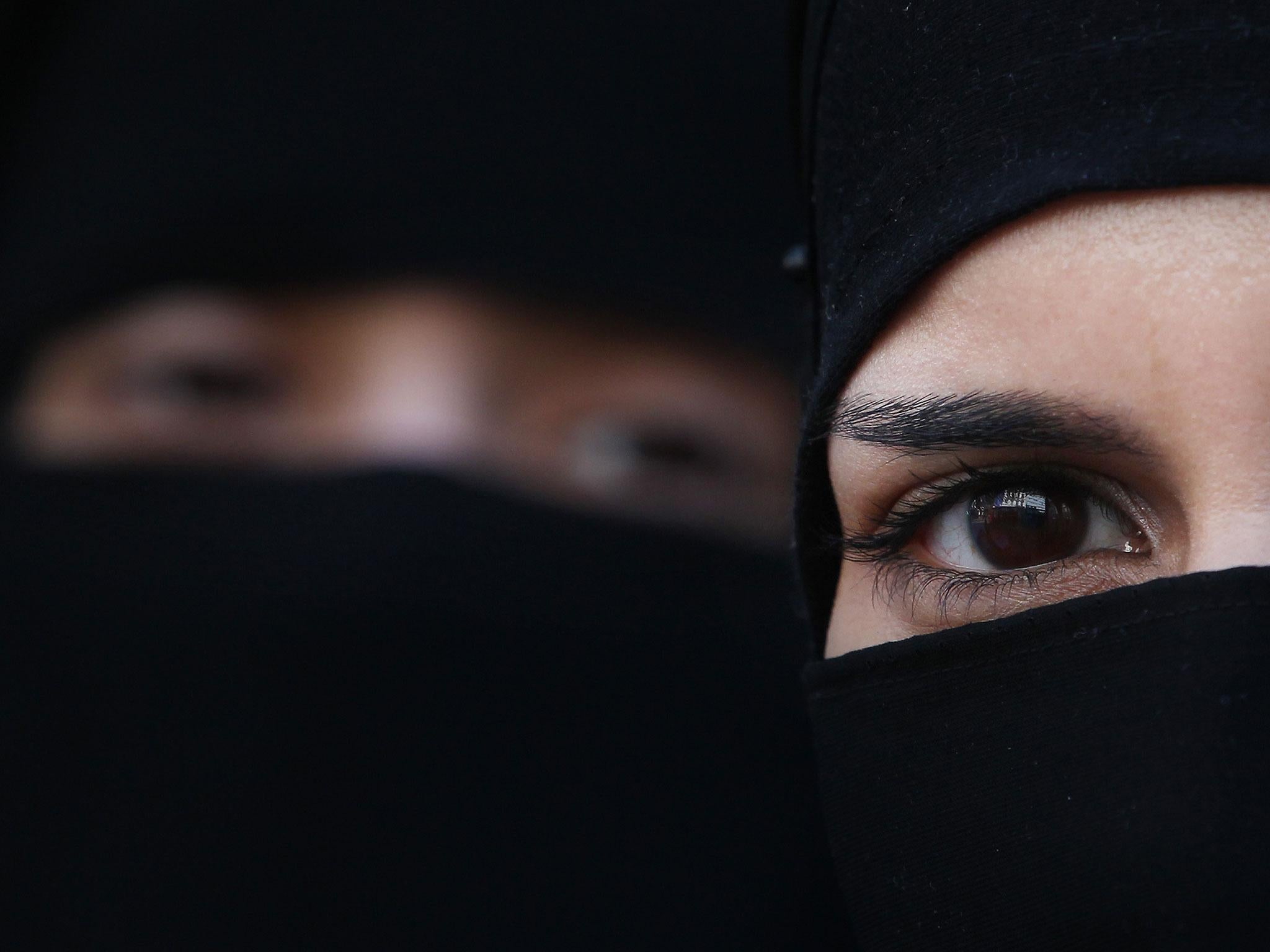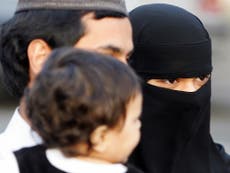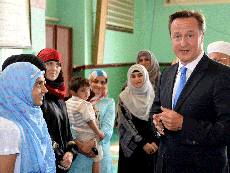As a Muslim woman, I don't welcome David Cameron's proposals. They can only drive further isolation
According to the think tank British Future, Muslims feel more strongly British than any faith or ethnic minority - including the white population

With the wounds of society still fresh after the tragic events of the Paris attacks, many have looked for ways to prevent such terror happening in the UK.
The solution, at least partly, according to Prime Minister David Cameron, is a £20m initiative aimed at helping female members of the Muslim community with learning English to tackle segregation and protect them from falling into extremism.
But what’s the connection between knowledge of the English language and susceptibility to Isis? The Prime Minister seems to contradict himself when he writes: "I'm not saying there's some sort of causal connection between not speaking English and becoming an extremist - of course not, that would be a ridiculous thing to say. But if you're not able to speak English, you're not able to integrate, you may find, therefore, that you have challenges understanding what your identity is and you could be more susceptible to the extremist message that comes from Daesh."
While I fully agree and understand social cohesion plays a fundamental role in creating a harmonious society I don’t feel that spotlighting Muslim women in Britain is the answer.
On the surface, helping Muslim women to learn English is a great idea – but of course, that opportunity should be open to all women and men, regardless of religion. Surely that much is clear.
According to the think tank British Future, “Muslims feel more strongly British than any other faith or ethnic minority: when researchers asked 40,000 households how important being British was to them, every minority household scored more highly than the white population.” The think tank also claims there is “confidence about the integration of Muslims. 66 per cent of people say that the children of British Muslims are integrating well.”
As a British Muslim woman, I feel it is far harder for British Muslim women in the UK than men. Firstly, we are far more likely to face abuse – especially if we are wearing the headscarf or veil. Quite simply, we are easier to identify, which makes us more of a target.
To link these women with extremism in a policy, however well-meaning, only serves to further disillusion them and lead to further isolation. In aiming to bolster social cohesion and integration, Cameron ends up achieving the exact opposite.
Singling out the Muslim community – and Muslim women in particular – will only make us feel more scrutinised in a society where we live under constant government scrutiny because of the horrendous actions of an extremist few.
In the Muslim community today, many women and men are now feeling the pressure more than ever to integrate in society, often vocally demonstrating how proud they are of being British in an effort to distance themselves from Isis. These campaigns often include coordinated efforts from everyone in the community – including those who don’t speak English.
There is no doubt that integration – and access to English classes – is important. But today, as Cameron pulled up Muslim women as an example of where extremism may be left to breed, he only added to a broader sense of disenchantment.



Join our commenting forum
Join thought-provoking conversations, follow other Independent readers and see their replies